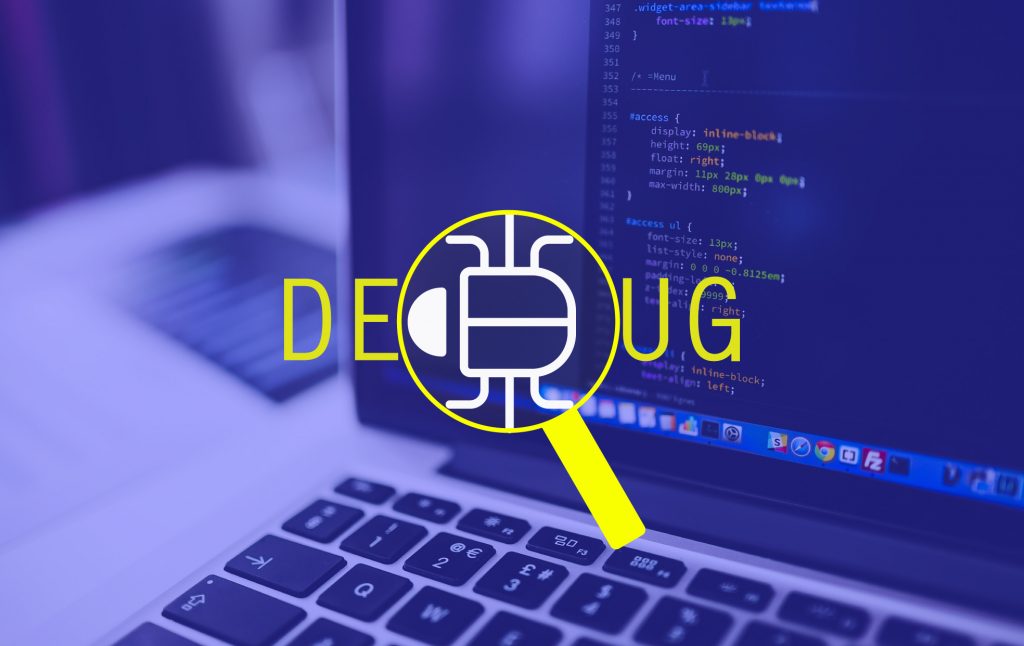Understanding the Triumphs and Difficulties of Troubleshooting Your Code Every Day: Unveiling the Art of Debugging
 Souvik Sarkar
Souvik Sarkar
One of the most significant challenges we face as programmers on a daily basis is debugging our code. Whether we are working on a simple script or a large-scale software project, we will undoubtedly encounter errors and issues that must be addressed before our code can be considered functional. In this blog, we'll look at some of the most common problems we run into when debugging our code and offer some solutions.
Discovering the Issue :
Identifying the problem is the first and most important step in debugging our code. This is easier said than done, because errors can manifest themselves in a variety of ways, such as unexpected output, crashes, or the dreaded "silent error," which produces no visible symptoms.
To overcome this struggle, it is critical to approach the issue methodically. Begin by reviewing any error messages or logs generated when the code fails. Look for patterns or commonalities that can help you pinpoint the source of the problem. To track the flow of your code and isolate the problematic area, use debugging tools such as print statements, breakpoints, and loggers.
Knowledge of the Codebase :
Understanding the codebase is another common issue when debugging our code. This is especially true when working on a large project with a large number of files and dependencies. It's easy to get caught up in the code and lose track of what's going on where.
To overcome this difficulty, spend some time getting acquainted with the codebase before diving into the problem. Examine the project documentation, read through the code, and try to understand the structure and architecture of the code. Use debugging tools such as code profiling and visualization to gain a better understanding of the flow and execution of the code.
Resolving the Issue :
The next step is to fix the problem after you've identified it and understand the codebase. This can be a time-consuming process, particularly if the problem is complex or extensive changes to the codebase are required.
To overcome this difficulty, begin by breaking down the problem into smaller, more manageable tasks. Take on one problem at a time, testing your changes as you go. Use version control to keep track of your changes and roll them back if necessary. Also, don't be afraid to seek assistance from coworkers or online communities.
Avoiding Future Issues :
Finally, one of the most effective ways to overcome debugging difficulties is to prevent future issues. Writing clean, well-structured code and employing best practices such as automated testing, code reviews, and continuous integration are all part of this.
To avoid future issues, follow best practices and write code that is simple to understand and maintain. Use liners and static code analyzers to detect errors before they occur. Also, before deploying your code to production, ensure that it has been thoroughly tested.
Conclusion :
Being a programmer necessitates and frequently involves the difficult task of debugging our code. We may get past the difficulties of debugging and produce better, more dependable code by employing a methodical approach, comprehending the codebase, breaking the problem down into smaller jobs, and avoiding future issues. Keep in mind that debugging is an integral element of the development process rather than a sign of failure.
Subscribe to my newsletter
Read articles from Souvik Sarkar directly inside your inbox. Subscribe to the newsletter, and don't miss out.
Written by
